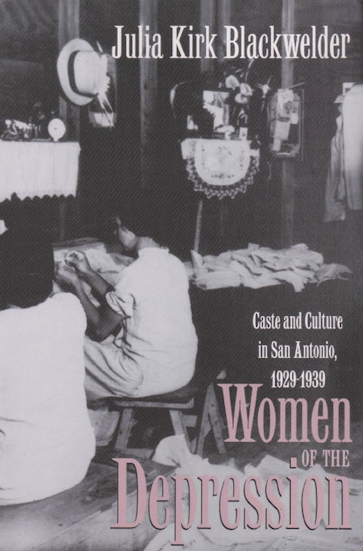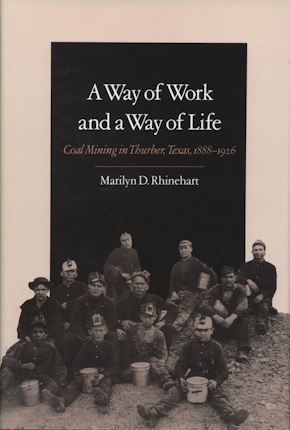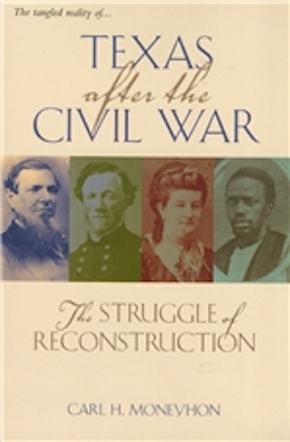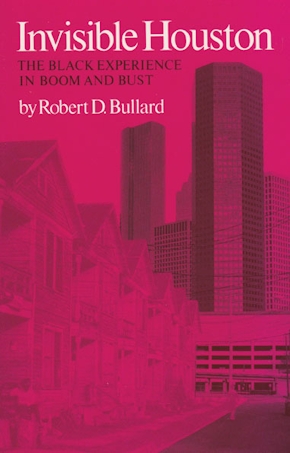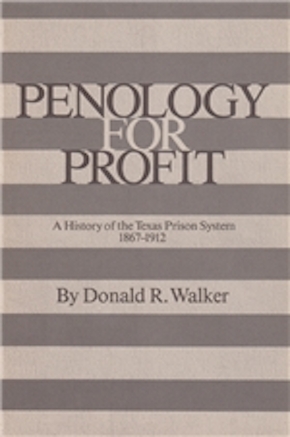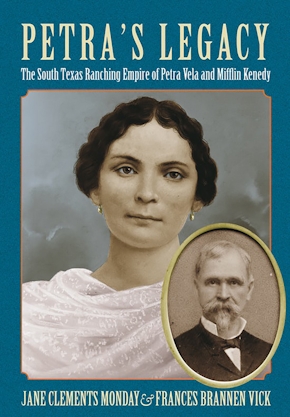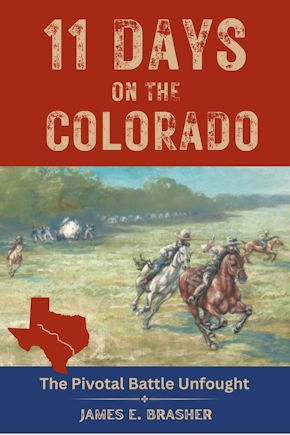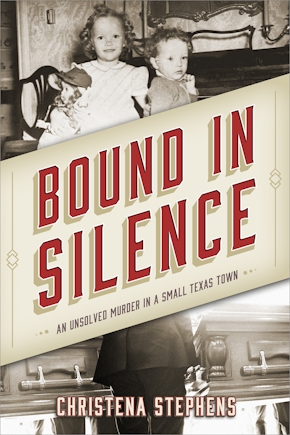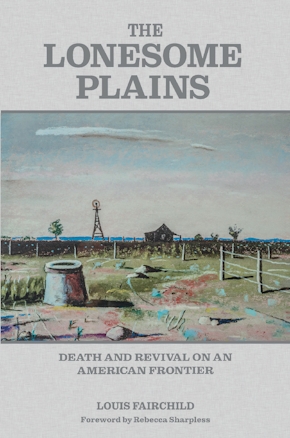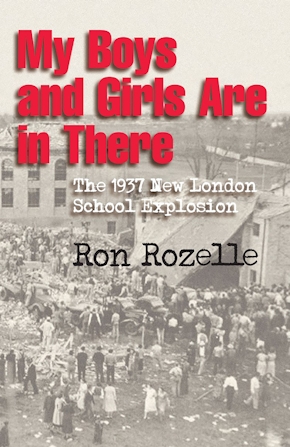Women of the Depression
Caste and Culture in San Antonio, 1929-1939
978-0-89096-864-2 Paperback
6 x 9 x 0 in
304 pp. 32 b&w photos., Map.
Pub Date: 09/01/1998
Available
Women of the Depression, first published in 1984, presents a unique study of life in a city whose society more nearly reflected divisions by the concept of caste rather than class. Caste was conferred by identification with a particular ethnic or racial group, and it defined nearly every aspect of women’s lives. Historian Julia Kirk Blackwelder shows that Depression-era San Antonio, with its majority Mexican American population, its heavy dependence on tourism and light industry, and its domination by an Anglo elite, suffered differently as a whole than other American cities. Loss of migrant agricultural work drove thousands of Mexican Americans into the barrios on the west side of San Antonio, and with the intense repatriation fervor of the 1930s, the fear of deportation inhibited many Mexican Americans from seeking public or private aid.
The author combines excerpts from personal letters, diaries, and interviews with government statistics to present a collective view of discrimination and culture and the strength of both in the face of crisis.
Texas A&M Southwestern Studies
About the Author
Published by Texas A&M University Press
